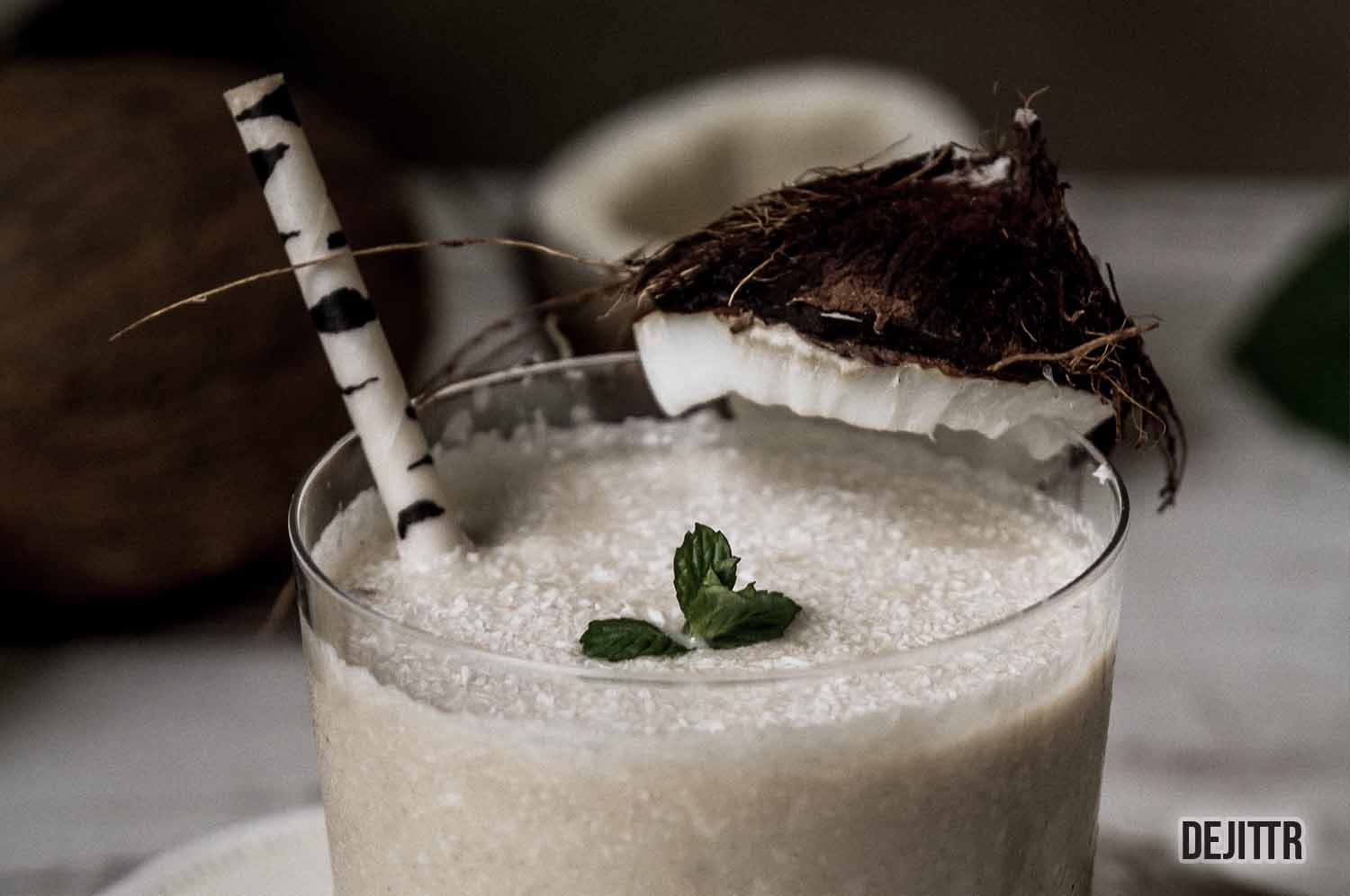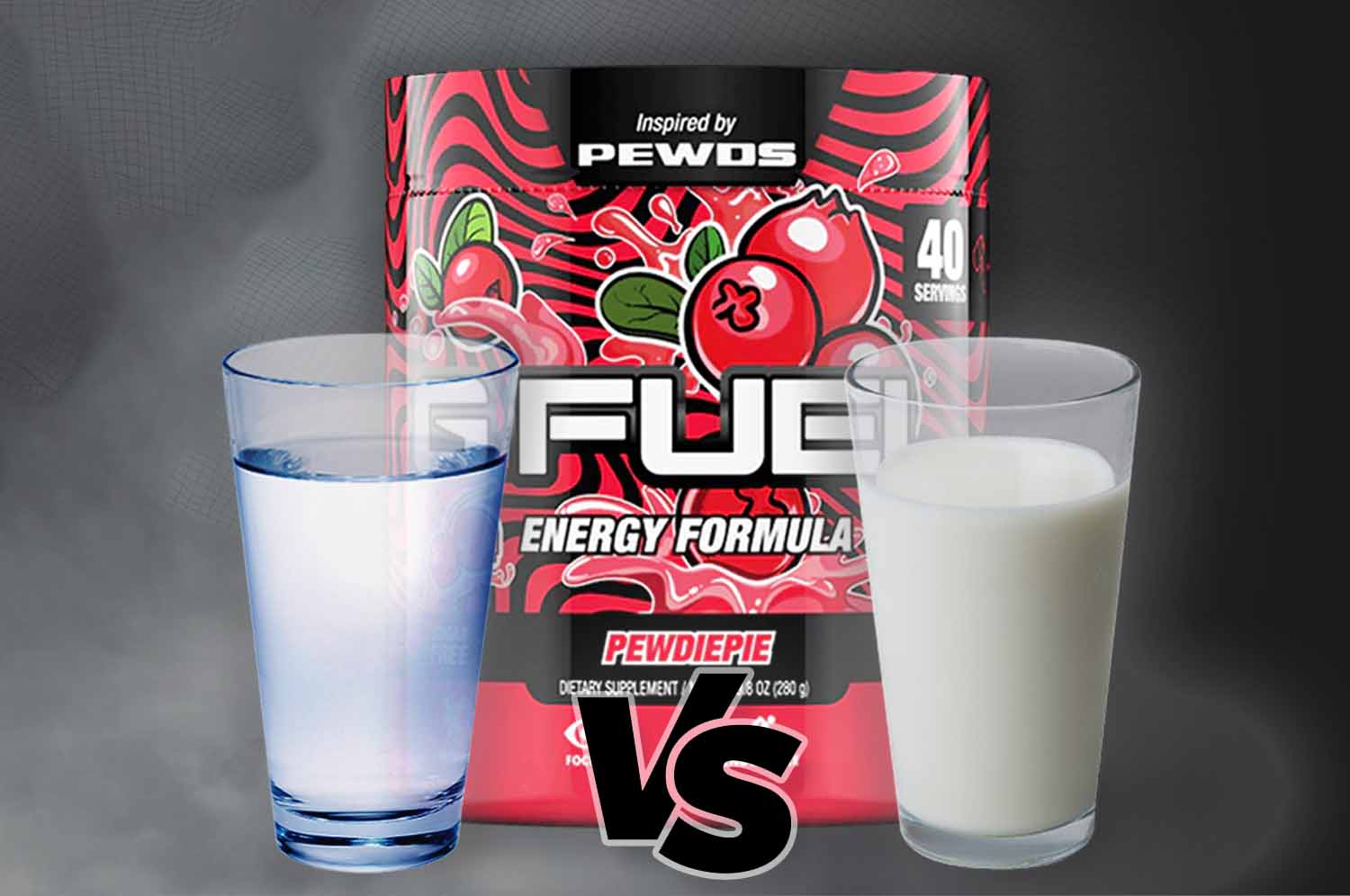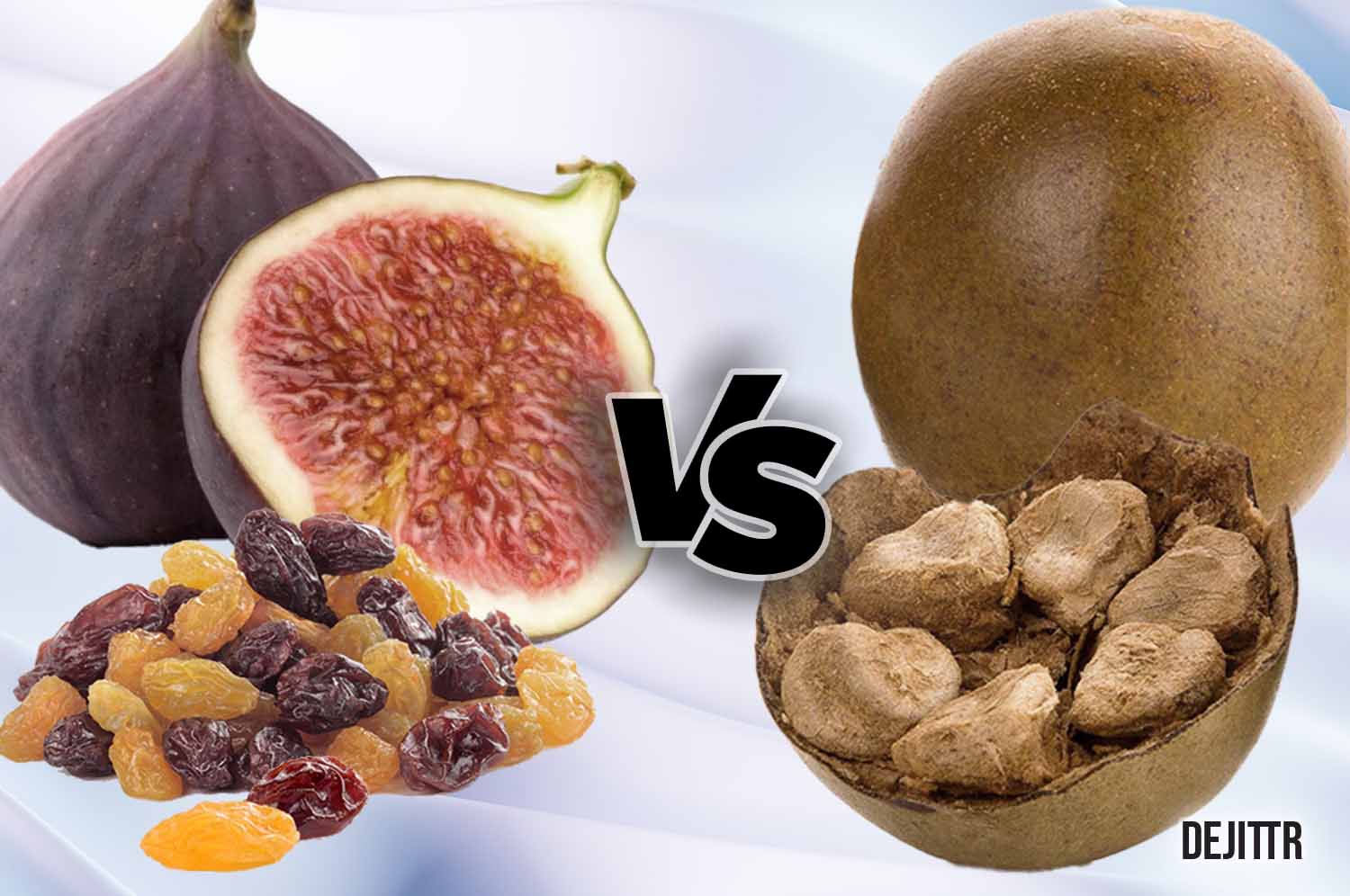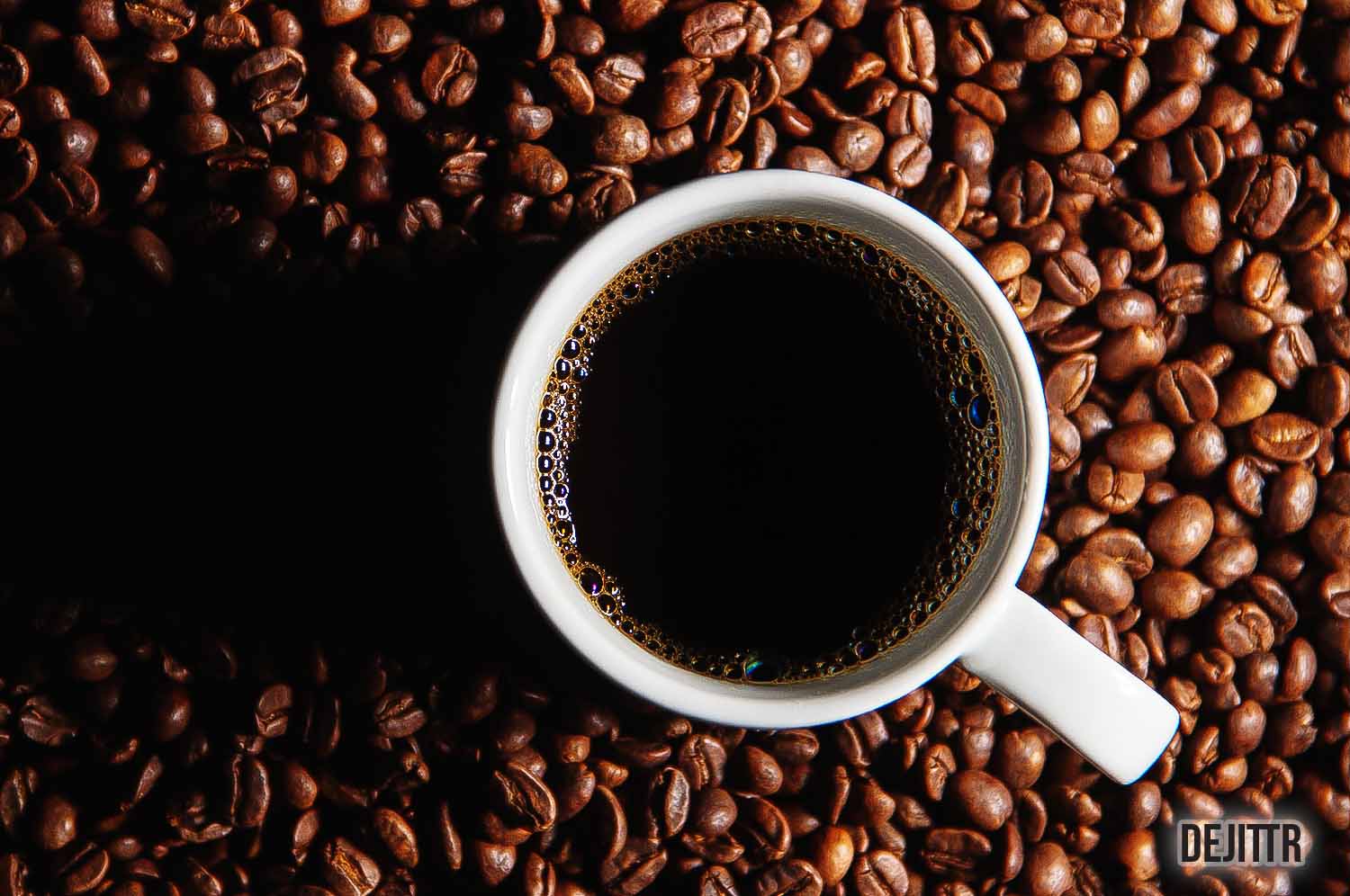Coconut milk is getting a lot of attention these days as a healthy alternative to dairy milk. It can be used in everything from chai lattes to smoothies and soups to curries, and it has several health benefits.
However, many people who use coconut milk in their coffee or curry have been wondering: can coconut milk curdle in coffee or curry? The short answer is yes.
Why Does Coconut Milk Curdle?
Coconut milk can maintain its stability at room temperature in humid and warm environments without curdling. It is because coconut milk contains proteins that act as natural emulsifiers.
However, coconut milk tends to curdle when heated to a high temperature. Curdling is caused by denaturing of protein, which happens when proteins in milk change their shape and their ability to react with water and oil, often referred to as denaturing of protein.
Natural reactions to the environment also cause coconut milk to curdle. Keeping coconut milk in a cool place will prevent coconut milk from getting curds.
How Do You Keep Coconut Milk from curdling in Drinks?
Coconut milk has high calorie and saturated fat content. Most people don’t even know that coconut milk can be used in desserts and beverages.
But when you make a drink or beverage with coconut milk, you have to be careful to make sure it doesn’t curdle. Add a pinch of baking soda to avoid curdling in cocktails.
Does Coconut Milk Curdle in Coffee?
Have you ever noticed that coconut milk curdles in coffee? Is this normal, or is there something wrong with your machine? Coconut milk can curdle in tea and coffee if you are not careful. It doesn’t affect the taste, but it is not very pleasant to look at.
Adding cold coconut milk to hot coffee cause milk to curdle. Curdling is caused by an imbalance of acidity in coffee or tea and plant-based milk like coconut milk. Coffee is more acidic than coconut milk. The temperature difference between coffee and coconut milk may also result in curdling. For instance, if you add cold milk to hot coffee, it will curdle.
So, to avoid curdling in coffee, allow the coffee to cool down for a couple of minutes before adding coconut milk. Or, heat your coconut milk to a low to medium temperature to add to the coffee. Also, make sure you don’t overheat coconut milk. If you do, it will curdle.
If you teas like masala chai you should out our article about the 6 best milk alternatives you can add to it.
Does coconut milk curdle when heated?
Cooking coconut milk over high heat may cause it to change from a creamy liquid to a thin, watery liquid and form clumps. High heat can cause the proteins in coconut milk to lose their shape. This causes the coconut milk to become grainy.
Does coconut milk curdle when cooking (in curry)?
Coconut milk is one of the most popular ingredients in curries and other food in South East Asia. Coconut milk is a delicate ingredient, and it does not handle heat very well. When heated to a high temperature, it tends to curdle. Denaturing is the process of changing the natural structure of a protein.
Curdling can be prevented by slowly heating the coconut milk and stirring it. It can also be prevented by adding acids to the coconut milk while it is being heated. Add vinegar or lemon juice to coconut milk to accomplish this. Coconut milk needs to be heated on low heat to prevent curdling.
Does coconut milk curdle in the slow cooker?
Coconut milk can curdle in the slow cooker. The coconut milk may curdle if the slow cooker is set to low and you cook it for a long time. However, this will not decrease the quality of the food. The coconut milk that has curdled can be just mixed with the food, and it will have no effect on the flavor.
How do you keep coconut milk from splitting/curdling?
Things to do to avoid curdling
- Avoid long cooking times as the milk will split
- Make sure the coconut milk you use does not contain gums or stabilizers
- Stirring the coconut milk frequently during cooking
- Added the coconut milk last and kept the heat on low
- Use a thickener (cornstarch slurry or roux)
Does coconut milk curdle with lemon?
Some non-dairy milk (almond milk, coconut milk, etc.) will not curdle, even if lemon juice or white vinegar is added to the smoothie.
How do you know if coconut milk has gone bad?
You will smell a sour smell and may see mold in the coconut milk if it has gone bad. Additionally, it may be chunky, darker in color, and might be curdling. All canned goods and cartons of coconut milk should be stored in a dark, cool, dry place free from humidity to prevent spoilage.
Is curdled coconut milk safe to eat?
It does not mean that coconut milk is bad if it has curdled. It can still be consumed. It is normal; just shake the can before opening or stir after opening to remix the separated layers.
There are a few reasons why coconut milk might appear grainy:
- The water-to-coconut ratio.
- The fat content of the coconut.
- The temperature at which it is stored.
Photo altered by dejittr.com | Photo attribution: Alexander Mils













